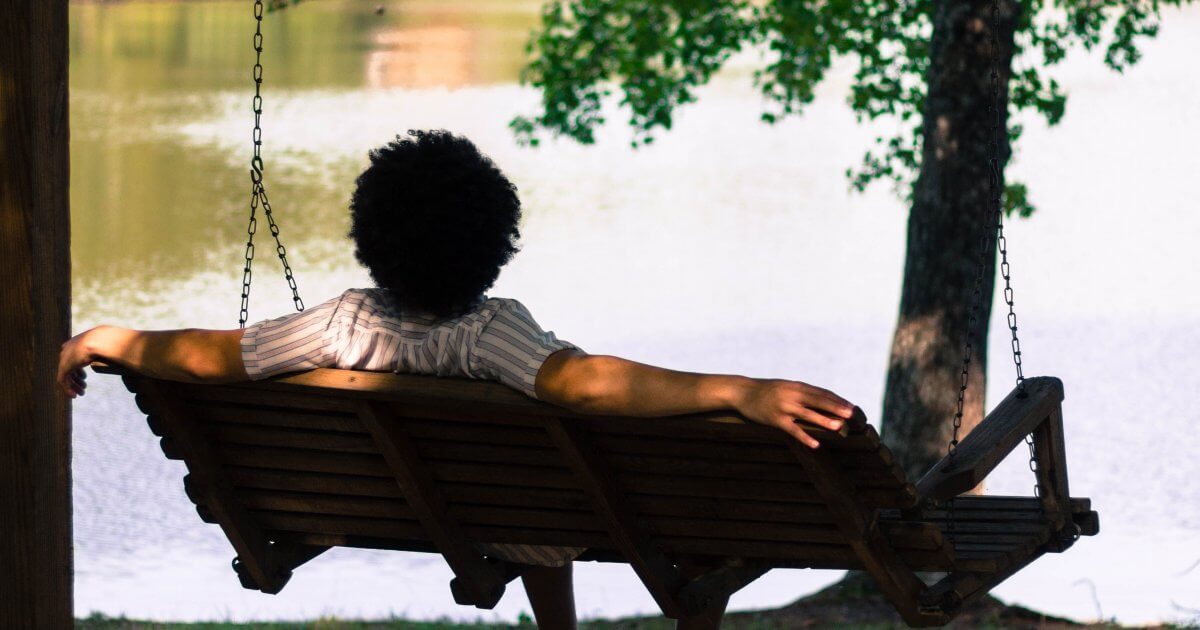Cancer Treatment & COVID-19
- Researchers found that some cancer patients undergoing chemotherapy/immunotherapy combination treatment are at higher risk of death if they get COVID-19.
- Other studies have said preexisting health conditions are a larger factor in mortality rates associated with COVID-19, rather than the type of treatment.
- An expert tells SurvivorNet that since chemotherapy weakens a patient’s immune system, it’s not surprising that patients may do worse if exposed to the virus.
In a study published by the University of Cincinnati, researchers found that among 3,600 patients, those who were undergoing combination chemotherapy/immunotherapy faced a significantly higher chance of death if they contracted COVID-19. The patients who saw the greatest spike in mortality rates (up to 50%) were the ones who underwent targeted treatment three months before they contracted COVID-19.
Read MoreThese recent findings differ from previous studies published, which have said underlying health problems are the biggest factor in determining mortality rates, as opposed to the treatment themselves. One of the largest problems facing researchers connecting cancer and COVID-19 is that there’s still a lot of information needed to develop concerning the virus, and without that information, clear answers are hard to come by.
“There is still so much we have to learn about COVID-19,” Dr. Yeo says. “The authors are drawing a lot of conclusions from a small group of patients, so understanding how many within their group had these risk factors would be helpful to know, and how different comorbidities affect treatment and outcomes.”
If I’m a Cancer Patient, Should I Delay Treatment?
This recent study understandably may cause anxiety for many cancer patients who need immediate treatment, especially since chemotherapy is often the standard of care for many diagnoses and immunotherapy has shown enormous promise with later stage diseases. However, numerous experts have said cancer patients shouldn’t delay their treatment for very long in fear of COVID-19, especially since facilities are working tirelessly to keep them clean.
Related: When Treatment Can't Be Delayed: Lung Cancer & COVID-19, What You Need to Know
"Whether or not you can delay depends very much on the type of treatment and the risk-benefit ratio," Dr. Tawee Tanvetyanon, a medical oncologist at Moffitt Cancer Center in Tampa, FL, tells SurvivorNet. "Some treatment, like preventive chemotherapy, has a grace period, so it might be worth discussing a delay. Other treatments should not be put off."
Dr. Karen Reckamp explains what lung cancer patients need to know about COVID-19
Learn more about SurvivorNet's rigorous medical review process.

